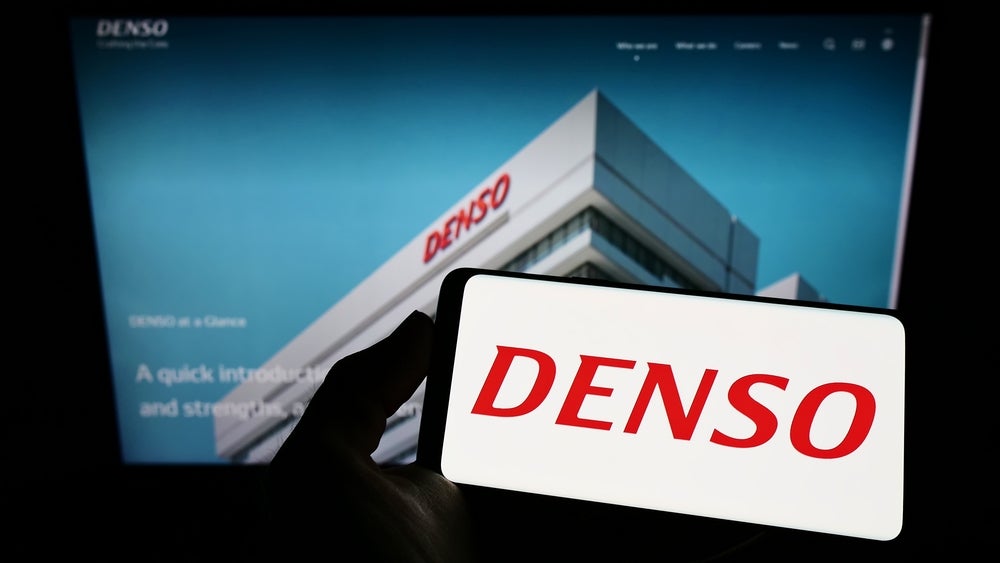
GlobalData’s deals database reveals that ‘Discovery to Impact’ at The University of Texas at Austin, has invested USD250,000 in Group1, a UT Austin-affiliated startup aiming to revolutionize the energy industry by developing potassium-ion battery (KIB) technology.
This is the fourth investment made by UT Austin’s USD10 million Seed Fund, which is managed by Discovery to Impact, the University’s research commercialisation team. The fund invests in the most promising new startups built on university-owned intellectual property emerging from UT Austin’s USD845 million research enterprise.
Why it matters
UT Austin has invested in Group1, an Austin-based technology company born out of the late 2019 Nobel laureate Professor John Goodenough’s lab, because of its commitment to commercialization of ground-breaking research and belief that KIBs are a credible, sustainable, and cost-effective alternative to Lithium-ion batteries (LIBs).
Group1 aims to commercially produce KIBs, an energy storage solution free of critical minerals such as lithium, cobalt, nickel, and copper, while facilitating domestic manufacturing and further strengthening US energy security. Its product, Kristonite, a 4V cathode material — Potassium Prussian White (KPW) — enables KIBs that it says can deliver faster charging with enhanced safety and higher energy density when compared to lithium iron phosphate (LFP)-based LIBs or Sodium-ion batteries (NIB), making them the ‘future of the energy industry’.
The investment will help Group1 increase its workforce, expand production capacity of their product potassium cathode material, Kristonite, to pilot-scale, and forge business partnerships with Tier1 cell and automotive manufacturers that wish to establish a domestic, “lithium alternative” solution.
To date, Group1 has raised USD7.5 million to bring KIB technology to market and says it is in the early phases of engagement with leading supply-chain partners and several of the largest and most reputable cell manufacturers, domestic and globally.
Our signals coverage is powered by GlobalData’s Thematic Engine, which tags millions of data items across six alternative datasets — patents, jobs, deals, company filings, social media mentions and news — to themes, sectors and companies. These signals enhance our predictive capabilities, helping us to identify the most disruptive threats across each of the sectors we cover and the companies best placed to succeed.





